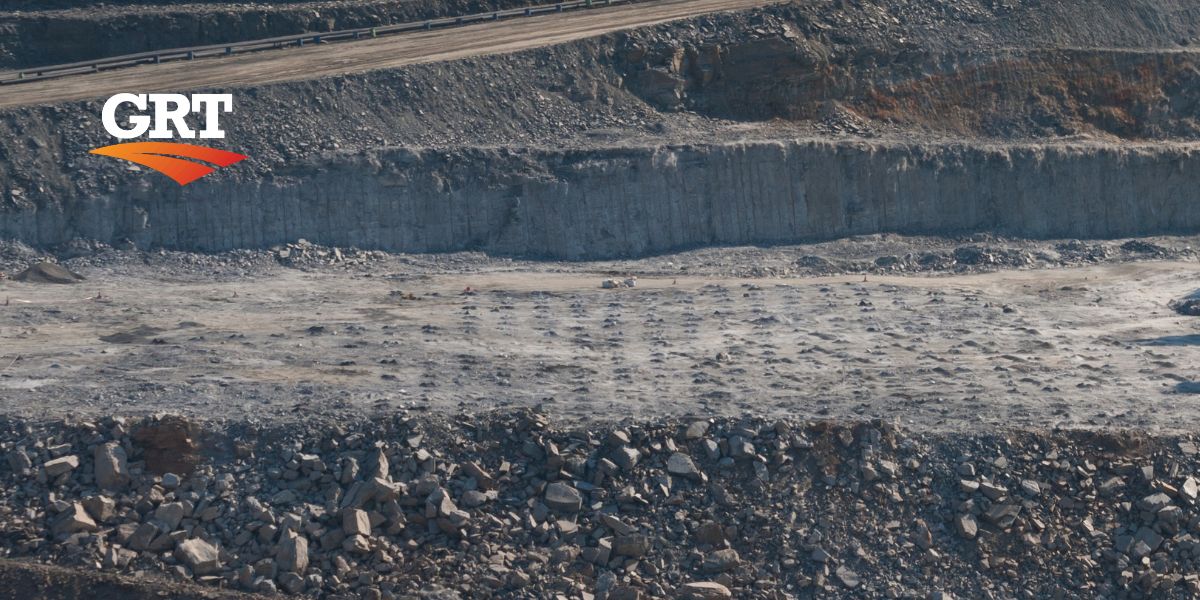New WA health and safety regulations introduced in March 2022, introduced the concept of psychosocial hazards into the workforce bringing WA into line with other Australian states with most introducing psychosocial hazards into legislation as early as 2011. A recent investigation into sexual assault and harassment in the mining industry has been a wake-up call for industry interested in increasing the gender balance. As well as gendered violence, including psychosocial hazards as risks also hopes to address the mental stresses involved in Fly In Fly Out (FIFO) work, which includes long hours, long periods of time away from family and often isolation.
Risk factors defined
The regulations define work-related psychosocial hazards and risk factors as ‘stress, fatigue, bullying, violence, aggression, harassment and burnout, which can be harmful to the health of workers and compromise their wellbeing.’ The nature of mining work, including exploration, can be a catalyst for mental health issues with work demands that include a fast work pace and time pressures, sustained concentration, extended work hours and a large number of consecutive days worked. Other factors that can cause mental harm can be inadequate training, lack of equipment or resources, lack of role clarity and poor organisational change management.
Preparing risk management assessments is essential to mitigate or eliminate the risks associated with psychosocial hazards on mine sites. Factors to address these can include examining roster lengths and shift rotations. Ensuring all workers have access to a support person or supervisor is an important action to help workers quickly deal with any stress or anxiety they may be feeling on the job. The risk management assessment can ensure training systems are in place and followed up, correct equipment is always used and stress factors such as environmental conditions are dealt with adequately.
Alcohol use, which has been identified as a major contributing factor to sexual harassment in mines, has already been limited in many mining operations. Alcohol and drugs themselves contribute to poor quality of sleep, long-term physical and mental health effects, and poor emotional regulation.
Facing the challenge
Removing exposure to inappropriate behaviours remains a major challenge on mine sites and requires a cultural change to bring everyone on-site into the same mindset. Training, education and the assurance of support from management for those who call out bad behaviour can contribute toward improving the atmosphere of any project. Ensuring that bullying, harassment, discrimination and worse behaviours such as violence and aggression are strongly discouraged is vital in removing psychosocial hazards from the mining industry.
Are environmental regulations, health and safety concerns or potential profit loss a concern right now?
The Chamber of Minerals and Energy of WA (CME) has recently put out several statements regarding the issue of sexual assault and harassment and has developed their own peer support program, alongside Lifeline WA, which presents steps to provide safe and inclusive workspaces.
CME also convened the Safe and Respectful Behaviours (SARB) Working Group in 2021 drawing representatives from member companies. This group has introduced several initiatives such as the adoption of an implementation framework for the Industry Code on Eliminating Sexual Harassment which was developed by the Minerals Council of Australia.
In a statement addressing safe and respectful behaviour, the CME said that ‘its member companies reiterate their commitment to eliminating all instances of sexual harassment and assault. As an industry, we must do better, by continuing to educate our people about what is and isn’t appropriate and by clearly calling out behaviour when it doesn’t meet the required standards.’
Your feedback is important to us. If you enjoyed reading this Global Road Technology industry update and found it informative, please let us know by leaving a REVIEW.
Author – Troy Adams, Global Road Technology
Troy Adams
Troy Adams is the Managing Director of Global Road Technology (GRT) Specialising in Engineered Solutions for Dust Suppression, Erosion Control, Soil Stabilisation and Water Management. A pioneering, socially conscious Australian entrepreneur, Troy Adams is passionate about health and safety and providing innovative solutions that are cost-effective to the mining industry, governments and infrastructure sectors. Troy is also a tech investor, director of companies like Crossware, Boost, Hakkasan, Novikov and more.

